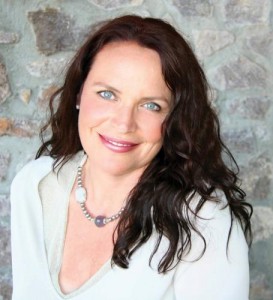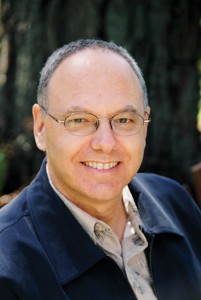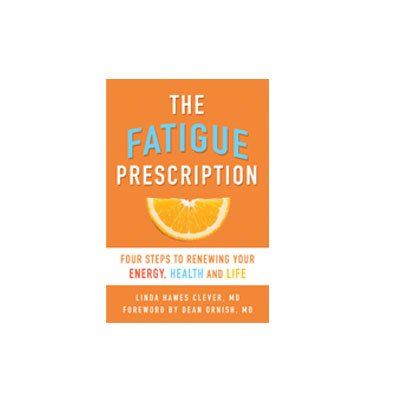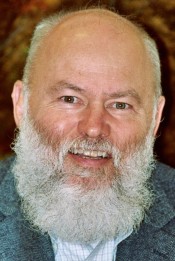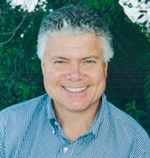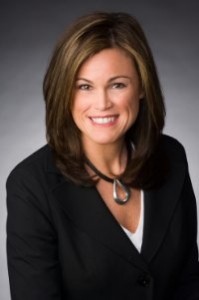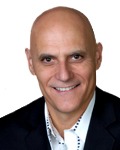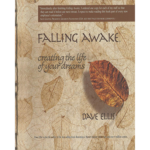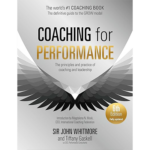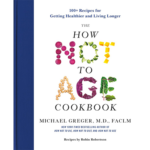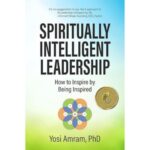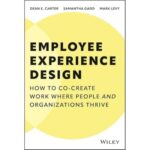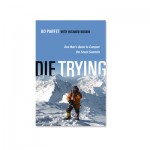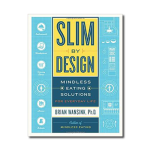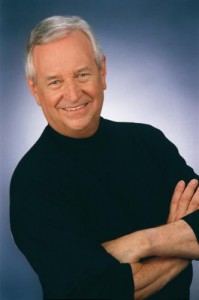 Colin Tipping is the author of a book entitled “Radical Forgiveness” but his new book entitled ” Radical-Self Forgiveness-The Direct Path to True Self-Acceptance” is a very important addition to his writings and teachings.
Colin Tipping is the author of a book entitled “Radical Forgiveness” but his new book entitled ” Radical-Self Forgiveness-The Direct Path to True Self-Acceptance” is a very important addition to his writings and teachings.
Colin mentions the purpose of the book is to heal the self hatred within the consciousness of the collective human species, and to help individuals feel a peace within themselves. That is a very big order, but Colin has done an excellent job in providing the reader with insight into “Radical-Self Forgiveness” and how to let go of resentment and give up the desire to punish. If we can all get just this one little insight from the book this world would be a much better place to live.
As Colin states ” Whether we are talking about self-forgiveness or the forgiveness of others, the idea that forgiveness is extremely difficult and that only special people can do it applies in both cases. In one case, we perceive ourselves as the perpetrator of some crime or misdemeanor, which leads to a feeling of guilt, while in the other, we perceive ourselves as having been victimized by someone or something, which leads us to feel angry and resentful. Radical Self-Forgiveness is such a healing process, allowing deep emotional wounds to heal.
As Colin states ” The I Am Self is the spiritual self that exists above all other, and yet is the one of which we are less aware. It is often referred to as the ” Observer” because it’s the one who observes the “I” who is “me”. Our I Am Self is the part of us that remains connected to the Divine, or the all That Is. The resident judge and critical parent have not part to play in Radical Self-Forgiveness, they will try to muscle in if they can. But as long as you use the tools that Radical Self-Forgiveness provides, they will have no power, nor any say in the matter.
There are Five Stages of Radical Self-Forgiveness, and they are: Stage 1: Telling the Story; Stage 2: Feeling The Feelings; Stage 3: Collapsing the Story; Stage 4: Reframing the Story; Stage 5: Integrating the Shift. If you follow the techniques outlined in “Radical Self-Forgiveness” you will certainly heal those aspects of your personality and live a life of freedom and self expression.
I hope you enjoy my interview with Colin Tipping your guide through Radical Self-Forgiveness.
If you want more information about Radical Self-Forgiveness please visit Colin’s website by clicking here.
